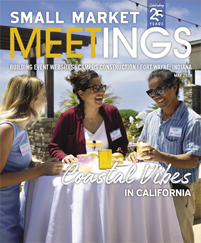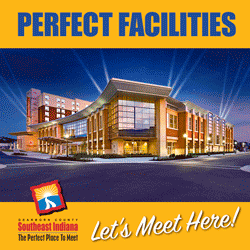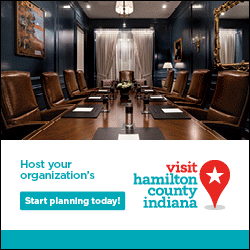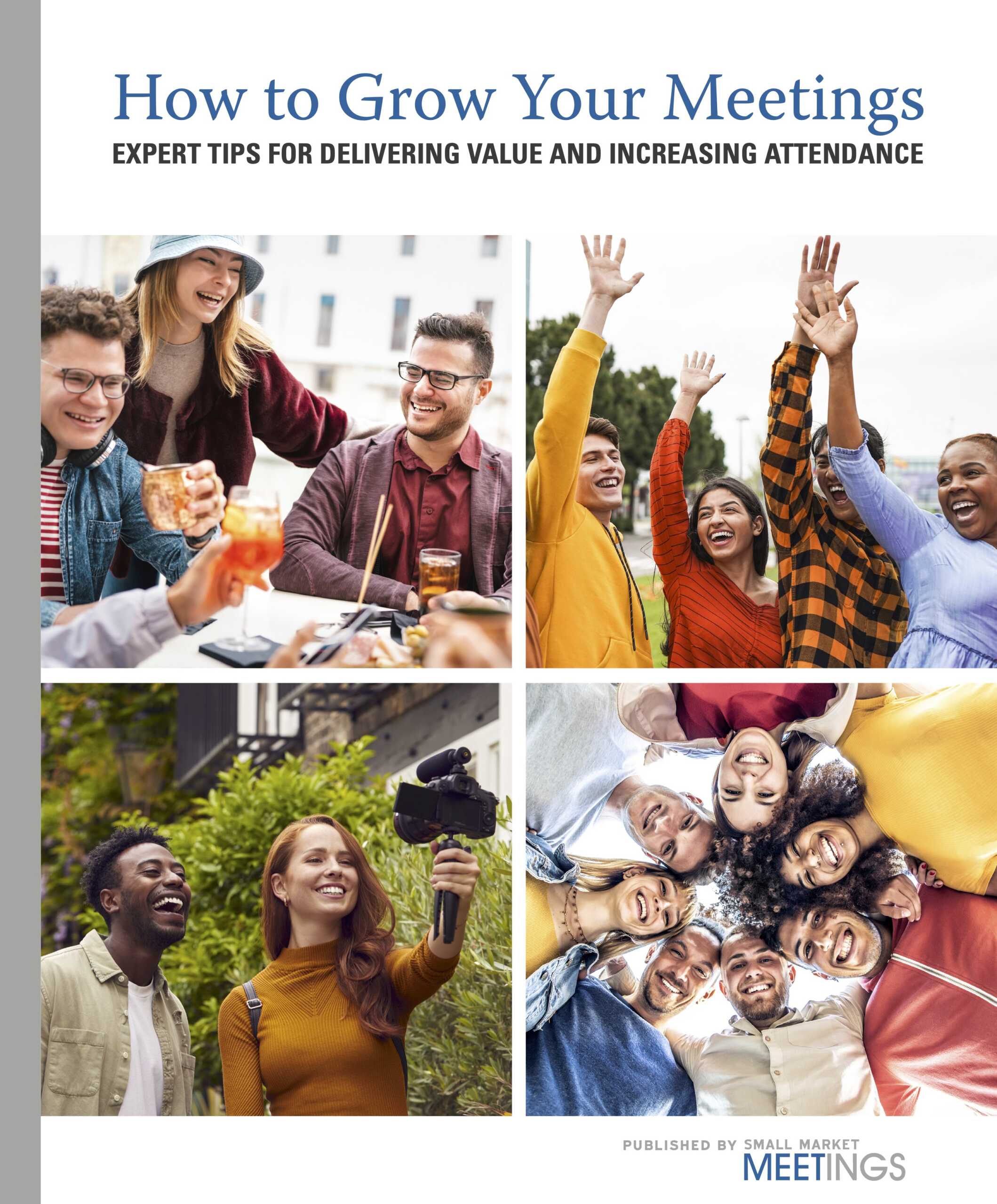Education
The saying “Know your audience” couldn’t be truer than for religious groups, so having an educated staff is important. Sales managers need to know who they’re selling to, do their research beforehand and understand the religious culture. “That way you prevent any uncomfortable situations,” Vernick said. One of the Grand Geneva’s catering managers is attending an Oliveaire training program to learn more about the specific needs and preferences of the South Asia market.
Mintzer said knowing the group’s needs and its no-no’s, and communicating those, is paramount. She tries to put that information in her leader referrals to hotels to avoid any missteps. She once was taking a religious meeting planner around on site visits, and at the first stop, the hotel manager kept talking about how great the bar was. After the visit, the planner asked Mintzer, “Why did she keep talking about the bar, knowing we’ll never use it?”
“I was texting the next three hotels telling them not to talk about their bars,” Mintzer said, using the story as an example of what to avoid. “I need to know information in advance, relay that to hotels and other partners, and be respectful.”
Knowing your group also means understanding the market. There is a common misunderstanding that the Mormon religion bans caffeine. The Word of Wisdom expressly prohibits hot drinks, i.e., coffee and tea, but at the time it was written, soda didn’t exist. The doctrine is a health code that generally discourages consuming anything that is harmful to the body, so many Mormons expand that to include most unhealthy things, Smith said.
The Utah Valley Convention Center, which is managed by Global Spectrum, doesn’t get many Mormon groups because the LDS church generally uses its own facilities for meetings and events, he said. However, in Provo, many attendees at any given function are Mormon, so the center’s alcohol sales hover around $20,000 or less a year, and “there are convention centers around the U.S. that do that in a week,” he said. Coffee sales are also about 80 percent behind the rest of the country.
Flexibility
Most hotels, resorts and convention centers require groups to use their in-house caterer or choose from a list of preferred caterers, but that doesn’t always work for religious meetings and events. Many faith-based groups want to bring in outside caterers that they trust to handle their specific dietary needs and preferences, both Mintzer and Vernick said.
Albany hasn’t had a kosher kitchen in its market for several years, but the city has a kosher grocer that can provide glatt kosher meals, from full banquets to boxed lunches, Mintzer said.
South Asian groups as well as Jewish groups often want to bring in their own caterers that specifically work with those markets, such as Oliveaire or Danzinger Kosher Catering, Vernick said.
“A typical contract would say ‘no outside food and beverage,’ but in order to make these events happen, you might have to be a little more open,” she said. “The main word is flexibility.”
Being flexible may also mean waiting until after sunset to serve a late dinner or bringing in a kosher chef to prepare food in the on-site kitchen, Vernick said.











